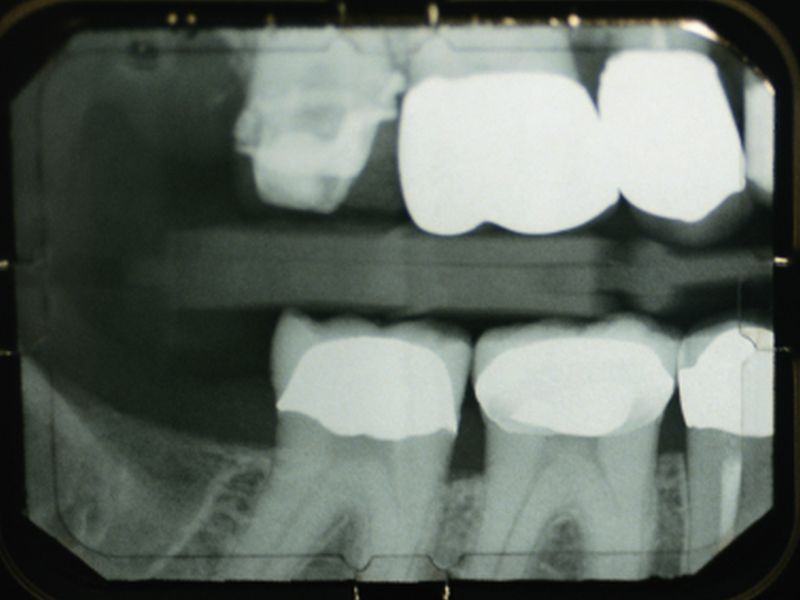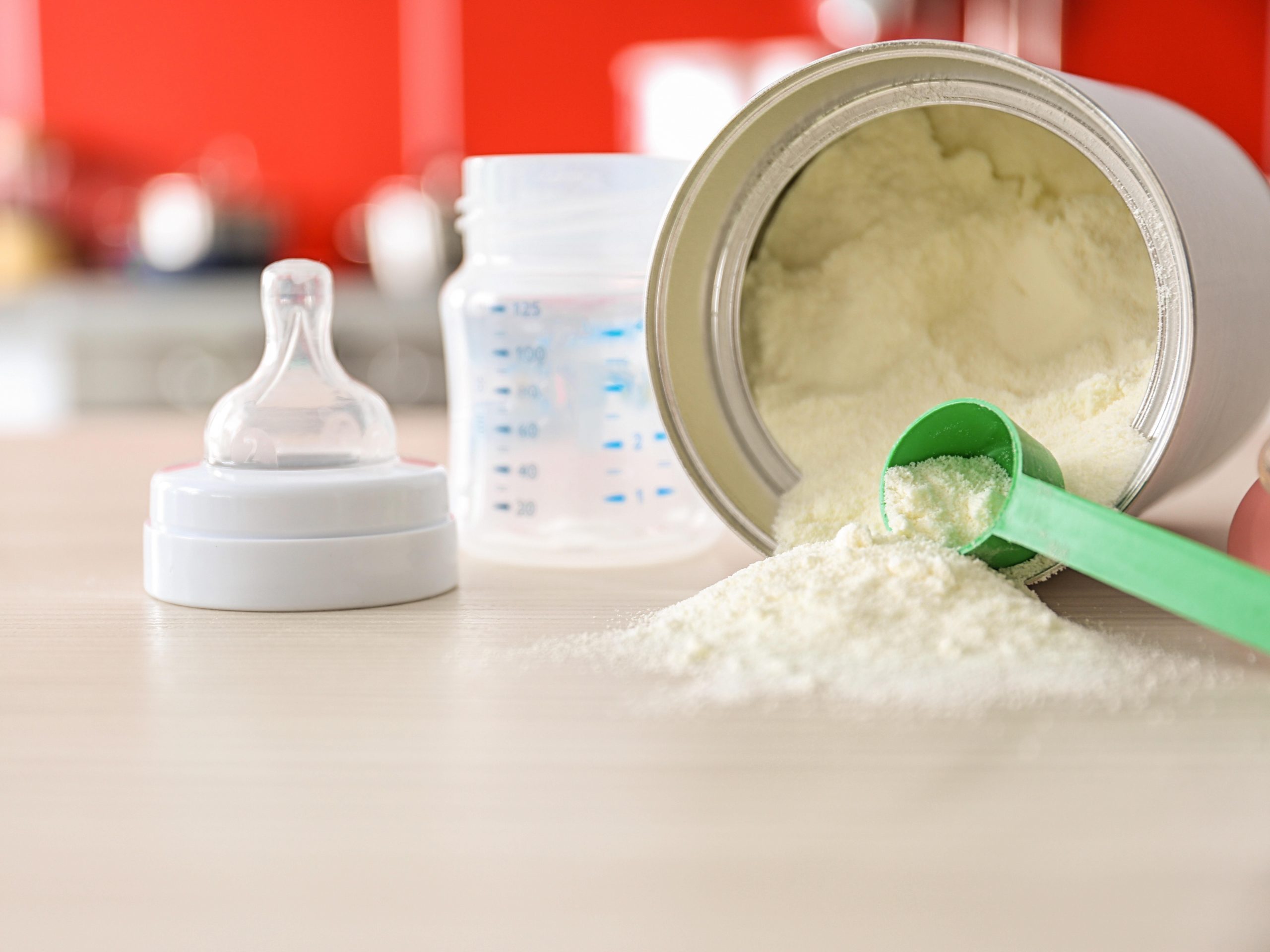
The anti-inflammatory benefits of a common gout medicine may help save the lives of heart failure patients, researchers say. The medication, colchicine, could also reduce the risk of heart attack and stroke in patients whose arteries are clogged with cholesterol, according to the study authors. “The signal for benefit with colchicine in these patients was… read on > read on >






























